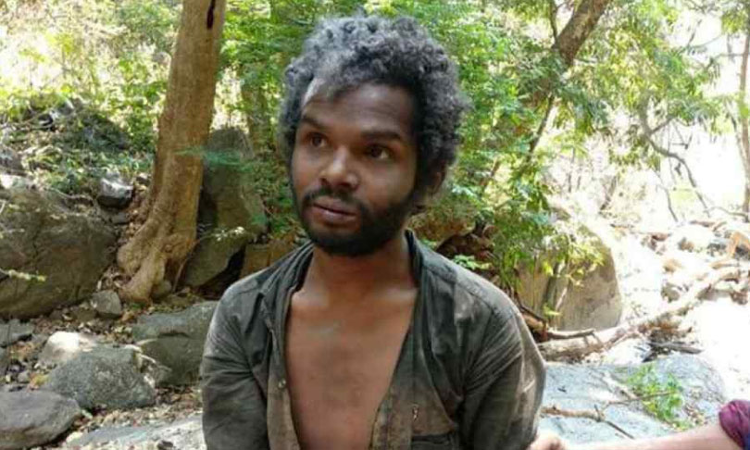Madhu Lynching Case| Kerala Court Cancels Bail Of 12 Accused For Influencing Witnesses
Navya Benny
21 Aug 2022 1:12 PM IST

The Special Court observed that if it is found that the accused has influenced witnesses during the course of trial, then every such trial court has jurisdiction to cancel the bail.
Next Story


